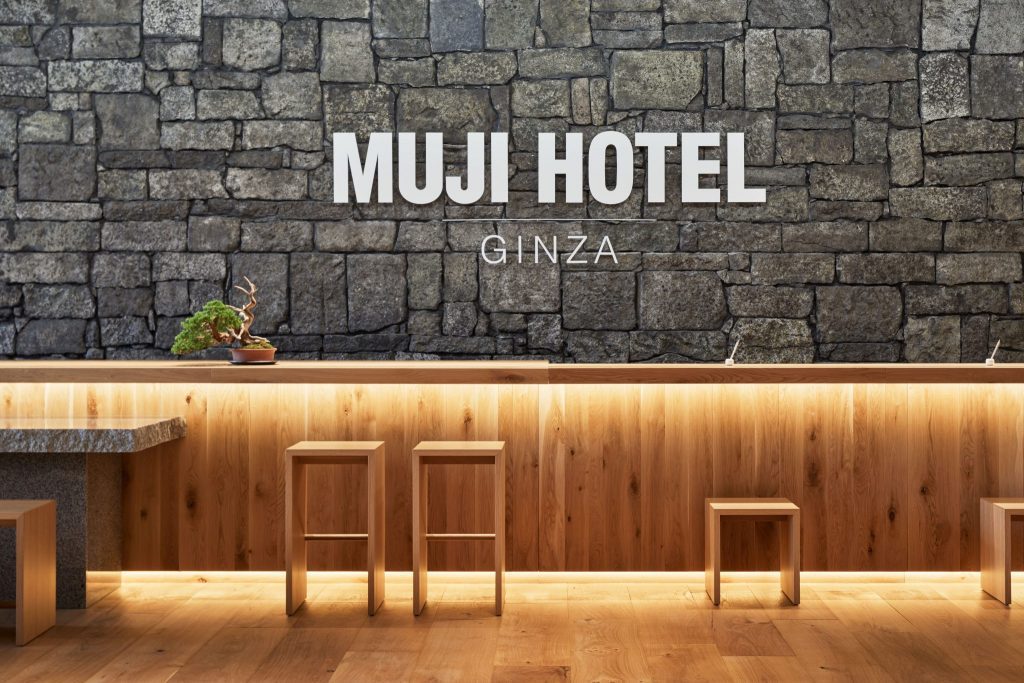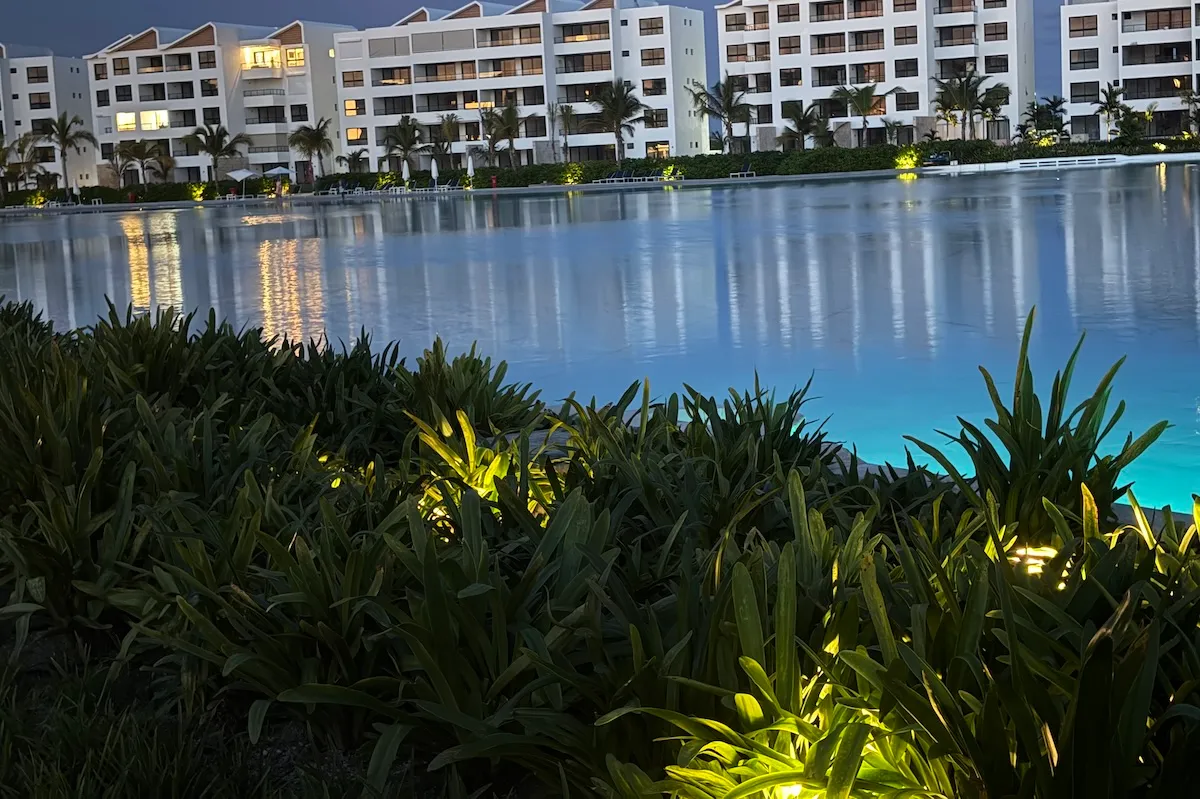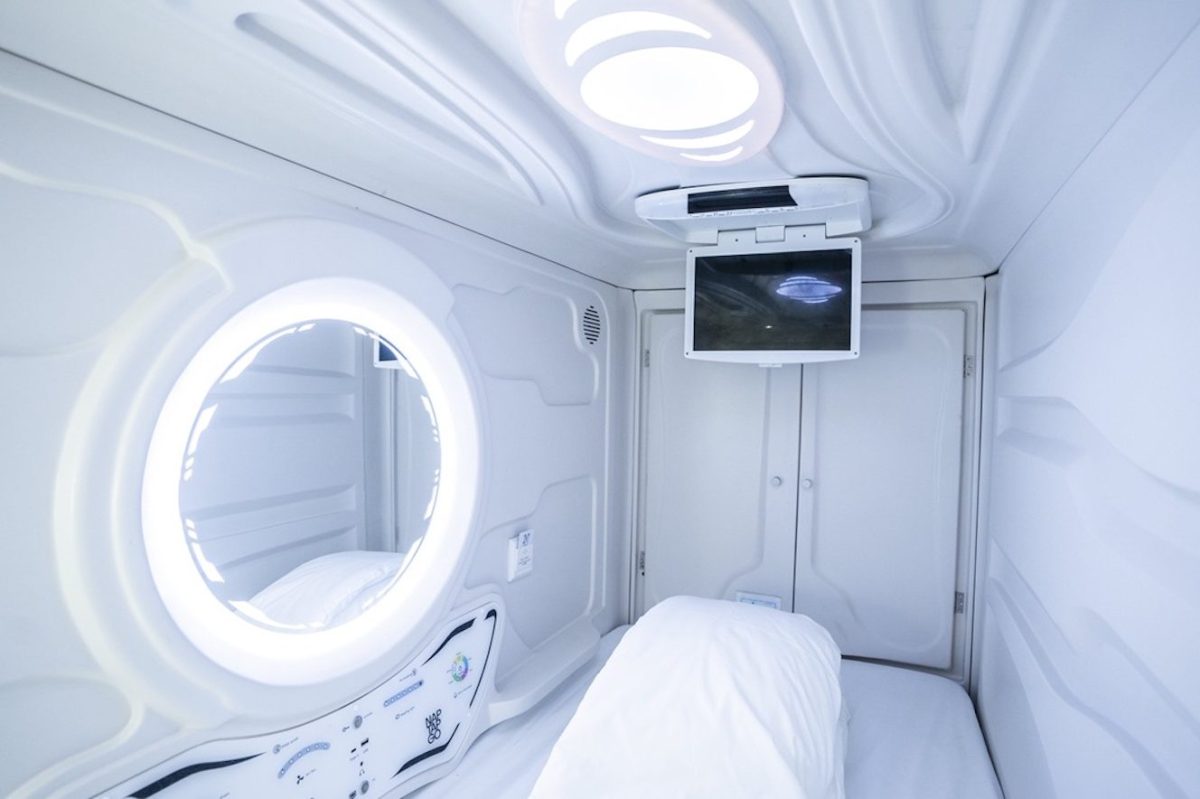What Retailer Muji Gets Right With Its New Flagship Hotel in Tokyo

Skift Take

On Experience
Colin Nagy is a marketing strategist and writes on customer-centric experiences and innovation across the luxury sector, hotels, aviation, and beyond. You can read all of his writing here.I’ve written in the past about non-traditional players getting into the hospitality space. Some are strong fits, and some come off as a bit contrived. One of the most hotly anticipated players is Muji, the Japanese retailer focused on minimal, cleanly designed consumer goods. Its aesthetic and egalitarian approach aligns nicely with what modern travelers want.
The first installment opened in Shenzhen, China, followed by a second in Beijing. But now, with the April 4 launch of a third property at the new Muji flagship in the Ginza district of Tokyo, all trendsetting eyes are on the product. The hotel sits on the top floor of a mega Muji, which sells everything from food to housewares to design books, and everything in between.
A Seamless Brand Experience
Tokyoites love an opening. On a recent visit, the entire experience was completely rammed to the gills. What was noticeable was how the hotel managed to leverage the deeper brand attributes of the Muji brand throughout the space without it feeling contrived, overbearing, or awkward. Instead, it felt like something that has existed forever and speaks to the touch and finesse of the brand and its planning. Also, the integration of products into the stay experience was seamless and also allows for trial.
If Muji can continue scaling its properties and leverage the existing underlying real estate of its global properties, this will be an interesting addition at the price point; one that might be able to even drive more operational cost efficiencies and create a more rich customer experience for a very reasonable price.
The overall business strategy is straightforward. Muji sales are rocketing in wider Asia, outside of Japan, and the brand recently told NHK, the Japanese broadcaster, that “it hopes the hotel will further boost its brand recognition and help expand sales globally.”
Winning Ways
Here’s what the brand got right in this instance:
Integration With the Store
Muji products are obviously on display and the integration was subtle and thoughtful throughout. While the crowds around launch were a bit much, this will dissipate with time and the feeling will be more harmonious.
Room Design
The room design fights well above its weight in terms of price. There are warm wood veneers that elevate the feeling, slick and streamlined lines, and plush beds. There was a considered balance in the spaces; the rooms were not excessively austere but perfectly functional. Design elevated what could otherwise be seen as an entry-level hotel room. Also, there are sufficient options in terms of traveling contexts: Rooms include bunk beds, double beds, and creative layouts that make good use of the space.
Common Areas
The common areas, which flowed from the store, were well thought out. There’s a museum integration with a rotating curated selection and a library with design books and places to linger. On the level of the hotel, there’s a sizable bar and a Japanese restaurant. The rest of the food and beverage was integrated into the store including a diner and a bakery. So, given the overall footprint, there are a lot of options for guests who don’t want to venture out.
Location
As the center of luxury shopping in Tokyo, Ginza is a strong location. It’s also incredibly well located in the context of the broader city. The Ginza line bisects Tokyo and is a good way to get across the city quickly.
Just Enough Japanese
Service and subtle elements of Japanese hospitality were on display, but the hotel will also translate nicely to other global markets. Just as the actual Muji products are known globally, it wouldn’t be difficult to see a hotel like this in Barcelona or Paris or even in San Francisco, which is in dire need of a concept like this.
Bottom Line
Tokyo has some of the best options in the world for the high-end traveler: the likes of Park Hyatt, Aman, and more. But to date, the lower-end options have been cramped, too businesslike, and uninspired. This opening ushers in a new segment for the city, one that has global potential to scale.





